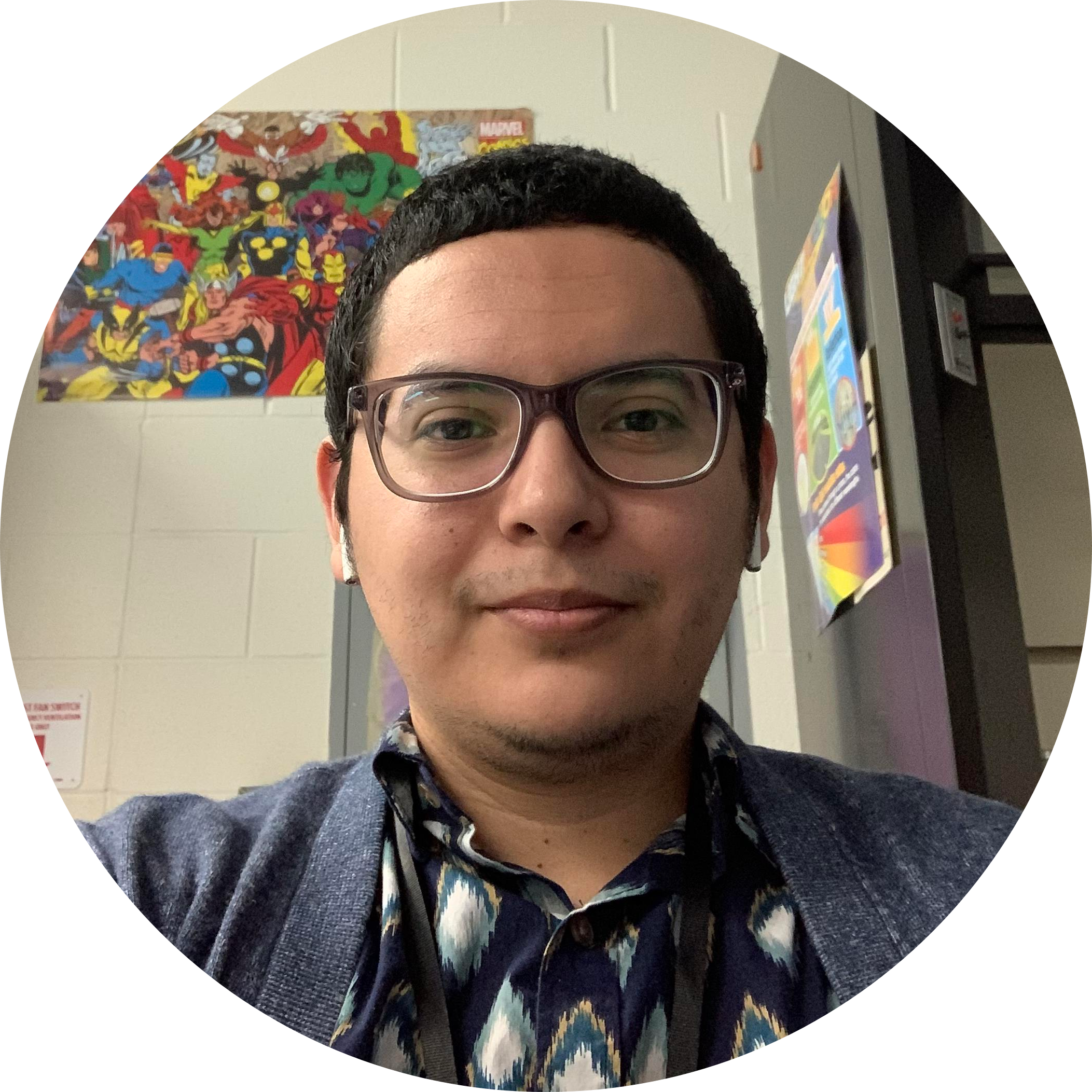© 2024 COGNIZANT FOUNDATION
The Cognizant Foundation works to ensure all individuals have equitable opportunity to thrive in the digital economy.
As part of its broader work, Cognizant Foundation grantee Teach For America focuses on advancing computer science in K-12 education as a critical means to develop the workforce of the future.

Despite significant advocacy efforts, more than half of U.S. schools do not offer any computer science courses, limiting the early exposure that would lead students to pursue this field in college and beyond. Teach For America believes in supporting all schools, especially those serving students in low-income communities and students of color, to close this gap.
In addition to the lack of computer science programs in schools, the U.S. does not have enough teachers with backgrounds in the field. This shortage stems from a lack of preservice programs for aspiring computer science teachers. In 2017, only 36 teachers nationwide graduated with computer science degrees, compared with more than 11,000 math teachers with math degrees and a similar number of science teachers with science degrees.
To date, the partnership between Teach For America and Cognizant Foundation has:
Supported 11 fellows in the first year of the Cognizant AP Computer Science Principles Teaching Fellowship, which trains diverse educators to teach the course, in which female students and students of color remain underrepresented. Among the first group of fellows, 73% are people of color and nearly half are women.
Reached 600 school leaders through the 2020 School Leaders of Color Conference, and 115 individuals and influencers representing 50+ organizations through a research webinar. Other events were scheduled but had to be cancelled or postponed due to Covid-19.
As part of the Cognizant Computer Science School Leader Cohort, supported 10 school leaders in establishing computer science programs—an ultimate impact on 6,971 students, 75% of whom are students of color.
Advanced best practices during the initial months of distance learning, in partnership with Bellwether Education Partners, by studying 12 schools/school systems, serving tens of thousands of students. The insights had the ripple effect of being shared with many school leaders nationwide, in addition to being picked up by international education agencies.

Marcos Perez Orzdonez (Rio Grande Valley ‘15), one Cognizant AP CSP Fellow, brings some of the statistics above to life. Perez says he has witnessed tremendous growth in his seven AP CSP students. Prior to the class, his students knew about technology, but didn’t understand where it came from or how to create within it.Now, he says, his students “can think critically and are able to apply [CS] concepts into their work. I noticed that they are more patient than when we started and work/help each other out when they are struggling.
 Marcos Perez Ordonez
Marcos Perez Ordonez
” He is excited to continue to teach AP CSP because of the students’ demonstration of creativity and collaboration in their class projects. All students in his class identify as Latinx and are economically disadvantaged, and 43% identify as female and 57% identify as male. As a first-year teacher of AP computer science, Perez found his fellowship invaluable in providing him the training, peer mentorship, and teaching tools he needed to be confident and successful.
Header Image Photo Credit © Teach For America